Outgoing trustee, Jay Mitra, shares a behind the scenes view of being a young trustee for Middle Child

As a writer from Hull, applying for a position on the board of Middle Child was an easy decision. Middle Child played a monumental part in my own career as a writer – of course I’d want to give back in any way I could.
It was in 2019, when I had just lost the Hull heat of the prestigious Roundhouse poetry slam, that I first encountered Middle Child. They reached out to me in a moment of defeat.
Little did I know, the artistic director of Middle Child was in the audience that night and saw something in my poetry. Paul Smith requested my contact details from the organisers and then emailed me with a paid writing retreat opportunity.
Why am I telling you this? Because it speaks to where Middle Child’s heart is—with the underdogs. The people who don’t necessarily succeed first time around. The person whose voice trembles on stage. The performance poet who may still have to read from the page. Those who have something important to say and just need a little help saying it.
If you are interested in theatre, writing, and most importantly, the development of people, why wouldn’t you want to be a small part of a theatre company that actively makes a positive difference to their local city?
Anti-Racist, queer-friendly and compassion driven: Middle Child has made waves in Hull and inspired many budding playwrights, poets, and writers — me included.
But what does it mean to take on the responsibility of Young Trustee?
As a young trustee, you are a part of the board of Middle Child – a charity and Arts Council England national portfolio organisation (NPO).
It is an unpaid position, but you will be offered free tickets to incredible shows, food and drink will be provided on board meeting days and your travel will be reimbursed too.
All they want from you is a few hours every few months to attend board meetings, which you can do virtually if need be, and your insight, both professional and personal. They will give you board meeting dates several months in advance so you can book time off work if need be.
The only reason I am stepping down from this position is because I am starting my career in teaching, so will be unavailable during school hours in the work week and thus less able to make it to board meetings.
This is something to keep in mind before applying for the trustee position—the board meetings are where important decisions are made in running the company, so make sure your job and work/life balance is flexible enough to attend.
What if I don’t have much to contribute? I’m just a student!
If I’m honest, as a young trustee, I was mildly intimidated at my first board meeting. I felt I didn’t have a huge amount of industry knowledge to make a massive difference to the proceedings and discussions.
If you’re a young person who is relatively new to theatre, this may well be one of the reasons who are putting off applying for the position. To that I say: do it anyways! Apply! Especially if you come from a marginalised background like me!
Even though I didn’t have a lot of knowledge around accounting or avenues of fundraising, I did have my lived experience around being a disabled, brown, queer person. A diverse board is important and can help an NPO like Middle Child reach demographics it might not have.
I distinctly remember having a conversation about the problematic term ‘BAME’ and the move towards discussing the inclusion of alternative terms like ‘Global Majority’. It’s a small thing, but an important conversation to have.
Similarly, as a transmasculine person, playing a small part in the production of a show like Modest — which showcased some of the UK’s best drag kings — was incredibly inspiring and exposed me to new possibilities for queer theatre.
Everyone on the board is friendly and understanding — they are not expecting you to be an expert on all things theatre and business; they just want you to be present and contribute any way you can, even if it’s in a small way.
The benefits of learning the mechanics of it all
I was never all that clued up on what goes on behind the scenes of running a theatre company — spoiler alert: a lot! However the board offered me valuable insight into fundraising targets, operating reserves, and the importance of spreadsheets.
I learnt about the way funding has changed over the years, the intricacies of applying for Arts Council applications and how to deal with deficits and surpluses.
As a Middle Child trustee, you begin to have a much deeper understanding around the dips and troughs of finances in the theatre scene and how to navigate alternative avenues of investment.
I learnt about efficient fundraising and how it is much more difficult to secure money from trusts and foundations, as opposed to working alongside your local city council.
In the board meetings, you also get clear insight into budget breakdowns and you can have a say in how much is set aside in productions, salaries, artist development.
You see the steps the company is taking in terms of inclusivity, for example, how they have contacted transport organisations to sponsor and provide travel to shows, or creating an Acting Gym that gives actors a space to try out new material and exercise their skills.
The trustee position allows you exclusive access to the behind the scenes of Middle Child and if you are still young and don’t have lots of experience in creative industries, it’s certainly a good one for the CV.
Being on a board exposes you to different areas of expertise and allows you to build your network with various industry professionals—all of whom you can learn immense amounts from.
- See the recruitment page for Middle Child trustees. Applications close on Tuesday 7 November.
